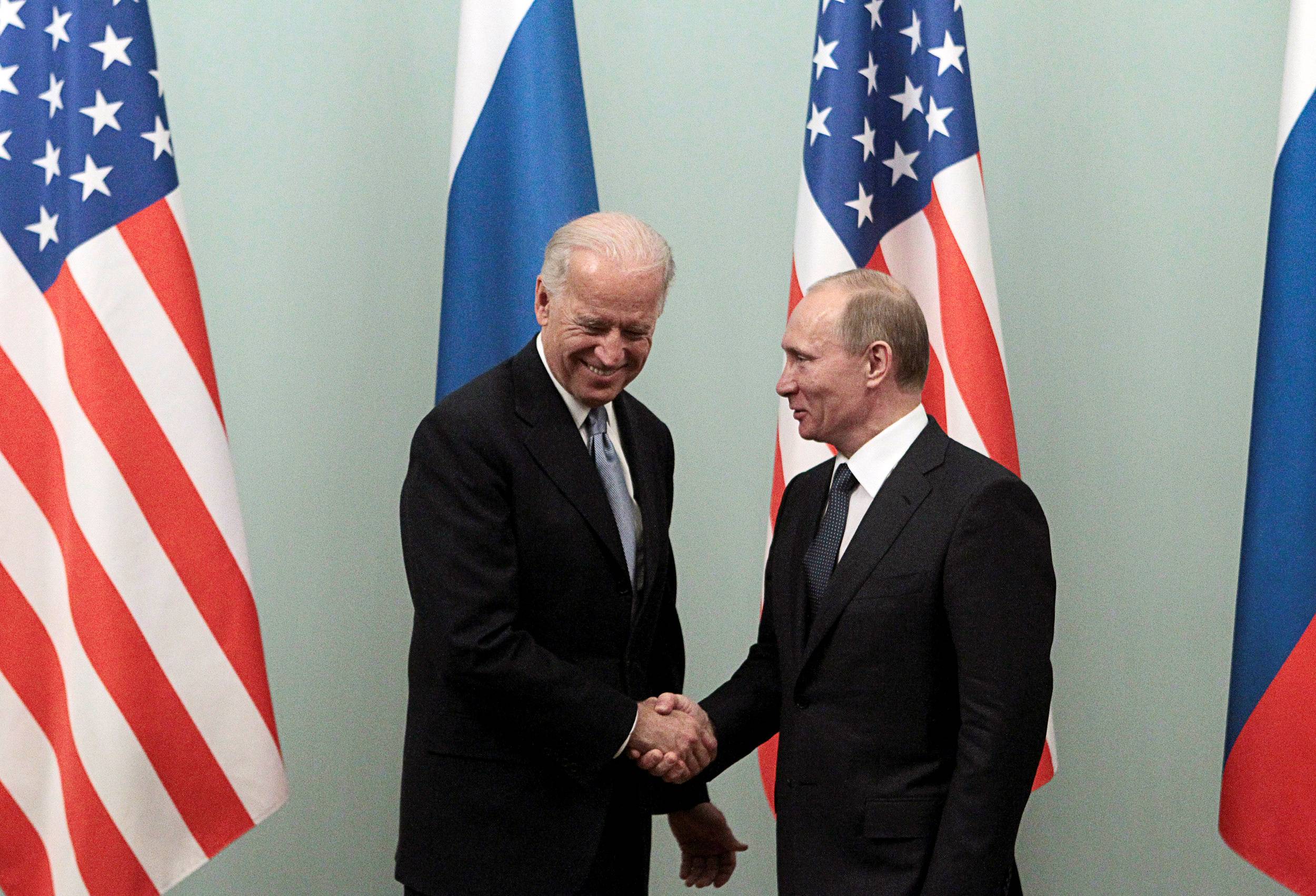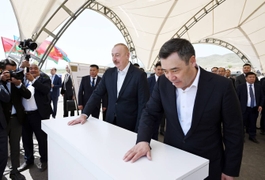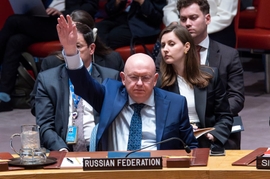Russia and the United States, the world’s two biggest nuclear powers, agreed this week to extend a crucial nuclear weapons treaty for five more years - just two days before the pact was to expire.
Russia’s Foreign Ministry has announced in a statement that the five-year extension of the New Strategic Arms Reduction Treaty, known as New START, entered into force this Wednesday. At the same time, the terms of the pact will remain unchanged, according to the ministry.
“We expect that the understanding, reached with Washington regarding the future of the New START Treaty as a cornerstone of international security, would allow leaving behind the trend towards dismantling of arms control and nonproliferation mechanisms, so prevalent in recent years due to U.S. destructive policies,” reads the statement issued by the foreign ministry.
The New START treaty - aimed at averting a new arms race - was originally signed by former US President Barack Obama and former Russian President Dmitry Medvedev in 2010, for ten years. The document has become the sole arms control treaty between the two nuclear powers after Washington withdrew from two other such deals, including the Intermediate-Range Nuclear Forces treaty, better known as the INF treaty.
Under the Treaty, the United States and Russia must meet limits on strategic arms, including intercontinental ballistic missiles (ICBMs), submarine-launched ballistic missiles (SLBMs), heavy bombers equipped for nuclear armaments, as well as nuclear warheads on deployed ICBMs, deployed SLBMs, and deployed heavy bombers equipped for nuclear armaments. The list also includes deployed and non-deployed ICBM launchers, SLBM launchers, and heavy bombers equipped for nuclear armaments.
According to the ministry, the decision to extend the New START treaty followed after newly-elected US President Joe Biden and Russian President Vladimir Putin had a phone conversation on January 26. Three days later, President Putin ratified an agreement to extend the New START Treaty for five years.
Government officials in Moscow believe the two countries have a lot to do to restore stable relations in this area.
“Significant steps would be required to return our bilateral dialogue in this area back to a more stable trajectory, reach new substantial results that would strengthen our national security and global strategic stability,” the ministry said on Wednesday.
Meanwhile, Secretary of State Antony Blinken said extending the New START Treaty ensures that the US has verifiable limits on all of Russia’s nuclear weapons.
“Especially during times of tension, verifiable limits on Russia’s intercontinental-range nuclear weapons are vitally important. Extending the New START Treaty makes the United States, US allies and partners, and the world safer. An unconstrained nuclear competition would endanger us all,” Blinken said, according to a statement issued by the US State Department.







 President Ilham Aliyev shed light on the evolving contours of the peace process with Armenia during an international conference in Baku this week. ...
President Ilham Aliyev shed light on the evolving contours of the peace process with Armenia during an international conference in Baku this week. ...
 Azerbaijan and Armenia started the process of demarcation of their border on Tuesday, with the installation of the first border markers based on ge...
Azerbaijan and Armenia started the process of demarcation of their border on Tuesday, with the installation of the first border markers based on ge...
 Iranian President Ebrahim Raisi expressed Tehran’s readiness to participate in significant development projects in Sri Lanka during the inauguratio...
Iranian President Ebrahim Raisi expressed Tehran’s readiness to participate in significant development projects in Sri Lanka during the inauguratio...
 As the conflict between Ukraine and Russia escalates, the strategic importance of Kharkiv, Ukraine's second-largest city, has come sharply into focus.
As the conflict between Ukraine and Russia escalates, the strategic importance of Kharkiv, Ukraine's second-largest city, has come sharply into focus.
 Turkmen President Serdar Berdimuhamedow and British Secretary of State for Foreign Affairs, Commonwealth Affairs, and Development David Cameron dis...
Turkmen President Serdar Berdimuhamedow and British Secretary of State for Foreign Affairs, Commonwealth Affairs, and Development David Cameron dis...



